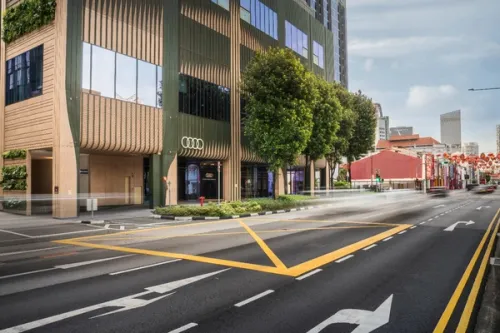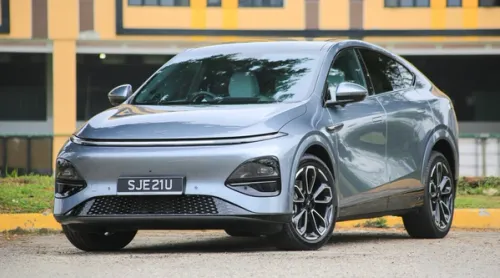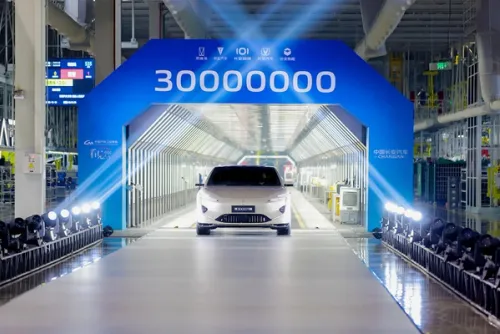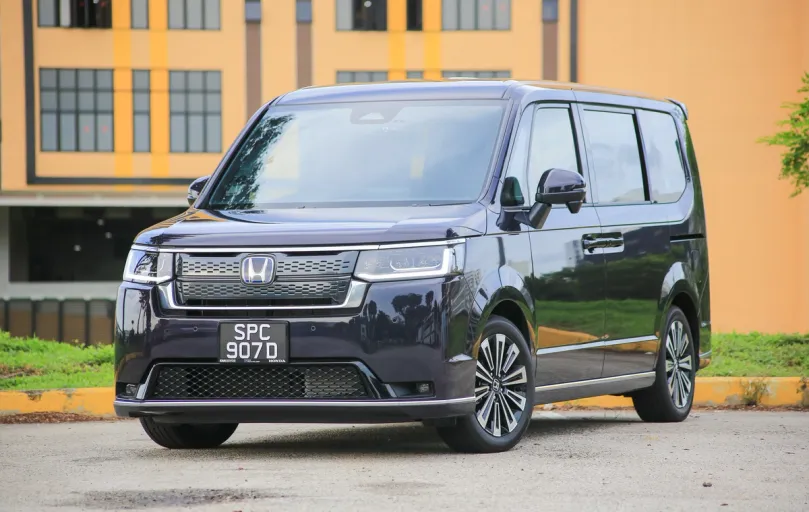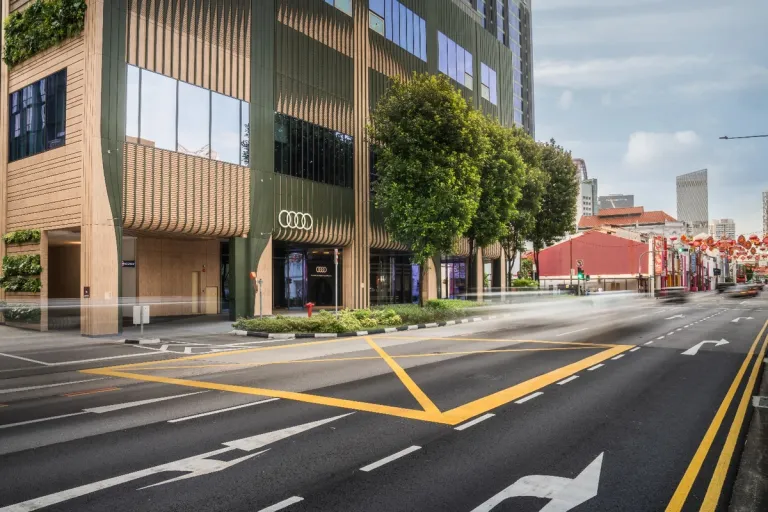Land Rover Road Safety Research Includes Brain Wave Monitoring To Improve Driver Concentration and Reduce Accidents
Jaguar Land Rover has revealed a range of new road safety technology research projects that are being developed to reduce the number of accidents caused by drivers who are stressed, distracted and not concentrating on the road ahead. The Jaguar Land Rover ‘Sixth Sense’ research projects utilises advanced technology, from sports, medicine and aerospace, to monitor the driver’s heart rate, respiration and levels of brain activity to identify driver stress, fatigue and lack of concentration. The UK-based team is also looking at innovations that would reduce the amount of time the driver’s eyes are off the road whilst driving, and how to communicate with the driver via pulses and vibrations through the accelerator pedal.


The basis of Jaguar Land Rover’s research is to see if a car could effectively read the brainwaves that indicate a driver is beginning to daydream, or feeling sleepy, whilst driving. The human brain continually generates four or more distinct brainwaves at different frequencies. By continually monitoring which type of brainwave is dominant, an on-board computer could potentially assess whether a driver is focused, daydreaming, sleepy, or distracted.
The most common method for monitoring brainwaves is close to the source using sensors attached to a headband, something that would be impractical in a vehicle. Jaguar Land Rover is investigating a method already used by NASA to develop a pilot’s concentration skills and also by the US bobsleigh team to enhance concentration and focus.
Jaguar Land Rover is assessing how a vehicle could monitor the well-being of the driver using a medical-grade sensor embedded in the seat of a Jaguar XJ. The sensor, which was originally developed for use in hospitals, has been adapted for in-car use and detects vibrations from the driver’s heart beat and breathing. Monitoring the physical health of the driver could not only detect the onset of sudden and serious illness that may incapacitate the driver, but also allow the car to monitor driver stress levels. This would then allow the car to help reduce stress, for example by changing mood lighting, audio settings and climate control.
Jaguar Land Rover is working on new technologies that increase the speed and efficiency of the interaction between the driver and the infotainment screen. The aim is to reduce driver distraction by minimising the amount of time the driver’s eyes are on the screen.
The Predictive Infotainment Screen prototype uses cameras embedded in the car to track the driver’s hand movements and this enables the system to predict which button the driver intends to press. This allows successful button selection to take place in mid-air, which means users wouldn’t have to touch the screen itself. In user trials this increases the speed of successful button selection by 22% and therefore reduces the amount of time the driver is looking at the screen with their eyes off the road.
The system could also use mid-air touch to provide the driver with a sensation, otherwise known as haptic feedback, that their button selection has been successful. Mid-air touch uses ultrasonics to create a touch sensation in mid-air without the skin needing to be in contact with any surface. The sensations could include a ‘tap’ on your finger or a ‘tingling’ on your fingertips. As touch provides an immediate response to the brain, there will be no need for the driver to glance at the screen for visual confirmation which would help keep their gaze on the road ahead.
Dr. Wolfgang Epple, Jaguar Land Rover Director of Research and Technology, said: “We believe some of the technologies currently being used in aerospace and medicine could help improve road safety and enhance the driving experience. The car is becoming more intelligent and more able to utilise cutting-edge sensors. These research projects are investigating how we could exploit this for the benefit of our customers and other road users”
Credits: Oneshift News Team


Get the Best Price for your used car
from 500+ dealers in 24 hours

- Convenient and Hassle-Free
- Consumer Protection
Transparent Process
With No Obligation


